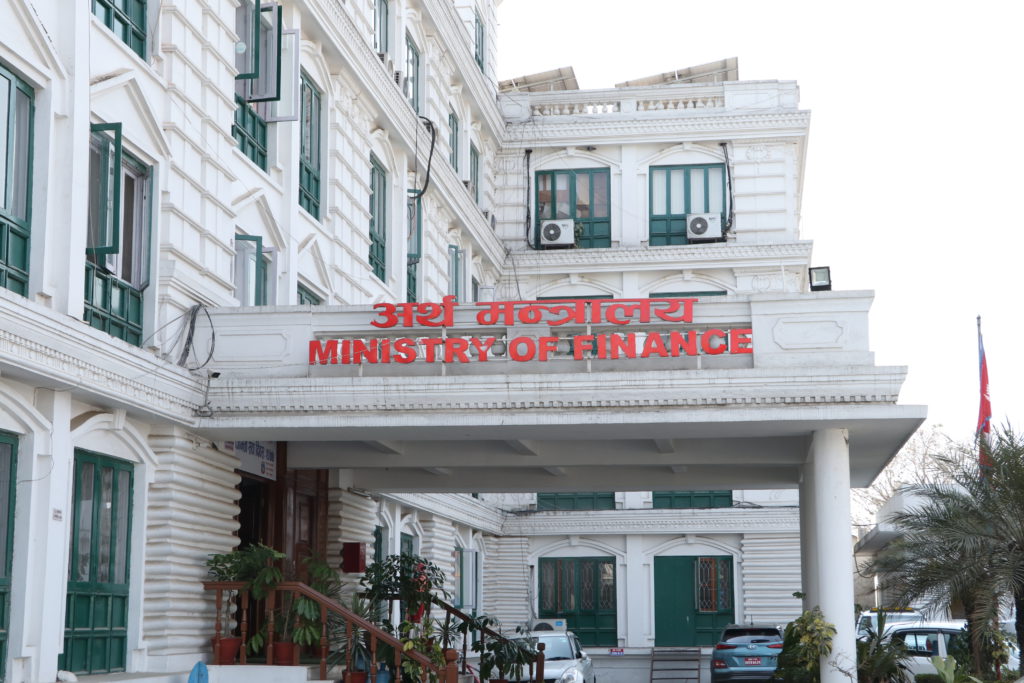KATHMANDU: During the last fiscal year, the government undertook a cash transfer of Rs 41.39 billion from unused funds initially designated for capital expenditure in various areas. The Ministry of Finance (MoF) reported that this amount resulted from aggregate budget transfers exceeding Rs 10 million per category.
Of this sum, Rs 22 billion was allocated for the general election held on November 20, with the remaining Rs 19 billion transferred within eight months after the election.
An official from the MoF explained that the government’s decision to transfer funds was primarily due to its inability to disburse the allocated amounts, resulting from a shortfall in revenue collection.
In fact, during the last fiscal year, the government managed to collect only 71 percent of its targeted revenue of Rs 1.403 trillion.
Furthermore, the government’s expenditure on development works was lower than expected, with only 61.44 percent of the budget allocated for such purposes being utilized.
The original allocation for capital expenditure was Rs 380.38 billion, but only Rs 233.69 billion was effectively spent.
The funds obtained through budget transfers were predominantly utilized to cover interest payments on the public debt, as well as to pay government employee salaries and address social security needs.
Additionally, a portion of the transferred budget was used to procure chemical fertilizers from international sources.
Moving forward, in the fiscal year 2022/23, the government has expressed its commitment to providing Rs 71 billion for multi-year projects.
Moreover, the MoF released an additional Rs 85.12 billion under the ‘miscellaneous’ heading, with the purpose of expenditure not explicitly specified.
However, the Office of the Auditor General’s 60th annual report highlights the increasing frequency of budget transfers as an indication of growing irregularities in the bureaucratic system.
According to the report, during the fiscal year 2021/22, cash transfers were conducted for ten programs without being accounted for in the designated budget headings, thus breaching budgetary principles.

